Rose O'Neal Greenhow
Rose O'Neal Greenhow, or "Wild Rose" as she was sometimes called, was a successful and celebrated Confederate spy during the American Civil War.
Rose was truly one of the most incredible Civil War women. She started by organizing her own spy ring in her enemy's capital, and used the information she gathered to help the Confederacy win at least one battle. She was undaunted by prison, and continued to gather information and send it south. Then, she ran the Union blockade to serve in Europe as an unofficial Confederate diplomat; and finally, she perished while once more running the blockade to return home...
As a child, Rose O'Neal Greenhow was orphaned, and went to Washington D.C. to live with her aunt, in the stylish boarding house and private school her aunt ran in the Old Capitol building. Rose was very well liked in Washington society. As a young woman, Rose is said to have left behind a troop of disappointed suitors, before eventually marrying Dr. Robert Greenhow in 1835.
After their marriage, the couple stayed in Washington, where they became the close friends and confidants of many powerful people of the time. Among these was the great statesman John C. Calhoun who had a profound impact on Rose and her belief in the right to secede. As she would later write:
"I am a Southern woman, born with revolutionary blood in my veins, and my first crude ideas on State and Federal matters received consistency and shape from the best and wisest man of this century, John C. Calhoun."
Despite her convictions, Rose O'Neal Greenhow did not leave Washington when war became imminent. Instead, she set about organizing a ring of southern sympathizers in the city who could help her collect information about Union plans and fortifications...
Confederate Spy ... Captured!
Rose O'Neal Greenhow was able to use her powerful social connections in Washington to gather valuable information. Some of the things she learned proved to be of use to the Confederate leadership. She also worked with her ring of Confederate sympathizers to collect information and transmit it south. Or, as Rose put it, she was able to:
"...establish and maintain a continuous correspondence with Virginia, and reveal certain contemplated military movements of the enemy in time to have them thwarted by our generals."
On one occasion, she learned of Union plans to move on the Confederates at Manassas, Virginia, and smash them. She immediately sent word of these plans south...
Thanks to the intelligence she provided, Confederate General P. G. T. Beauregard was able to concentrate his forces in time to meet and defeat the Union forces at the First Battle of Manassas (Bull Run).
Rose was under suspicion almost from the beginning of the war. Because of this suspicion, she was put under surveillance by the head of General McClellan's secret service, Allen Pinkerton. This surveillance was not unknown to her, but it did not deter her from continuing her espionage:
"For several weeks I had been followed, and my house watched, by those emissaries of the State Department, the detective police. This was often a subject of amusement to me; and several times, when accompanied by my young friend Miss Mackal, we would turn and follow those who we fancied were giving us an undue share of attention."
In addition, the detectives tried to entrap her by having a young man she knew give her a letter for someone in Richmond, and asking her if she could have it sent through. Rose O'Neal Greenhow was too clever to fall that ruse, however:
"He called repeatedly to ascertain whether the letter had been sent; but I understood the motive, and was always very sorry that no opportunity had occurred. I need hardly say that during this period I was in almost daily correspondence with Manassas."
Eventually, Allen Pinkerton decided he had enough information and moved to arrest her. Accompanied by one of his detectives, he met her as she returned home one day and arrested her. Here is Rose's account of the arrest:
"...the two men ... ascended ... and asked, with some confusion of manner, 'Is this Mrs. Greenhow?' I answered, 'Yes.' They still hesitated; whereupon I said, 'Who are you, and what do you want?' 'I come to arrest you.' 'By what authority?' The man ... said, 'By sufficient authority.' 'Let me see your warrant.' He mumbled something about verbal authority from the War and State Departments, and then both stationed themselves upon either side of me, and followed into the house. I ... remarked quietly, 'I have no power to resist you; but, had I been inside of my house, I would have killed one of you before I had submitted to this illegal process.' "
For some time, Rose O'Neal Greenhow and her youngest daughter, "Little Rose," were held under arrest in a few rooms of their home, while the rest of the house was used to hold other suspected southern sympathizers and spies.
Of interest: Among the men who guarded and questioned these prisoners were two Pinkerton agents, John Scully and Pryce Lewis. These were the two men sent to aid the ill Union spy Timothy Webster; but when they were recognized by some recently released southern sympathizers (Rose O'Neal Greenhow among them), their arrest led to Webster's discovery and execution.
Despite her imprisonment, Rose continued to gather information and send it south. She would send and receive messages through people who visited her in prison, but she also encoded messages into seemingly innocent letters to fellow spies.
In a classic bit of misdirection, she once procured a bottle of an invisible ink solution. She did not use it in her writing, however. Instead, she left it where she knew it would be found. Thereby, she convinced the detectives that they needed to be checking her letters for the use of invisible ink rather than some kind of hidden messages in her otherwise innocent correspondence.
Freedom and Death...
Eventually, Rose O'Neal Greenhow and "Little Rose" were moved to the Old Capitol Prison (above). The picture to the right is Rose and her daughter during their time at the Old Capitol Prison...
Even in this more secure location, Rose is said to have continued to send and receive information. On one occasion, she is said to have flown a smuggled Confederate flag from her prison widow in an act of defiance...
Finally, in May of 1862, she and her daughter were released and exiled to the Confederacy. She was welcomed to Richmond and cheered as a heroine.
Confederate President Jefferson Davis came to see her personally, and she later wrote that the proudest moment of her life was hearing President Davis say, "But for you there would have been no Battle of Bull Run."
President Davis then asked her to carry important dispatches to Europe, and she jumped at the opportunity to serve. In the summer of 1863, Rose O'Neal Greenhow sailed on a blockade runner to England.
There she delivered her dispatches and spent roughly a year traveling in Europe as an unofficial diplomat of the Confederacy. Her charm served her well, and she became quite popular in the social circles of the French and British aristocracy. She even received audiences with Queen Victoria and Emperor Napoleon III.
During this time, she wrote her memoirs of the first year and a half of the war. These memoirs were popular and sold very well in England. In the fall of 1864, she set sail on the British blockade runner Condor to return home...
Unfortunately, she never reached the Confederacy. On October 1, 1864, while being pursued by a Union gunboat near the port of Wilmington, North Carolina, the Condor ran aground. In an effort to avoid capture, Rose and some of her companions fled the ship in a rowboat, but the boat was capsized in the stormy sea; and Rose O'Neal Greenhow drowned...
Some say she was pulled down by $2000 in gold (her royalties from her memoirs) that she was carrying back to the Confederate treasury. When her body washed ashore, they found, on her person, a copy of her memoirs and a note to her daughter Rose:
"You have shared the hardships and indignity of my prison life, my darling; and suffered all that evil which a vulgar despotism could inflict. Let the memory of that period never pass from your mind; else you may be inclined to forget how merciful Providence has been in seizing us from such a people."
Rose O'Neal Greenhow was a great Civil War spy, and a brave woman who lost her life supporting her cause in the American Civil War.
American Civil War Story - Home
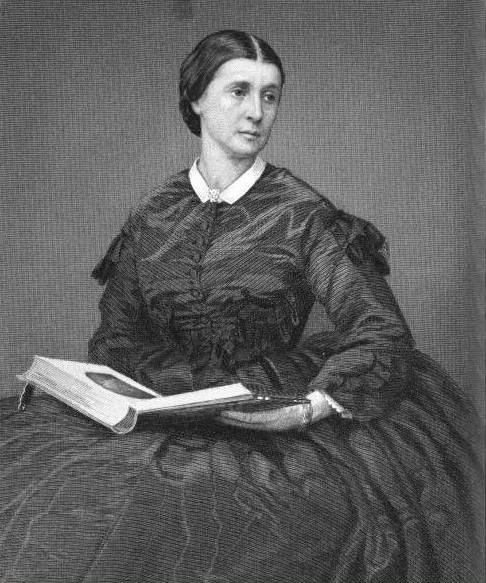
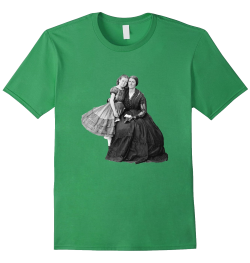

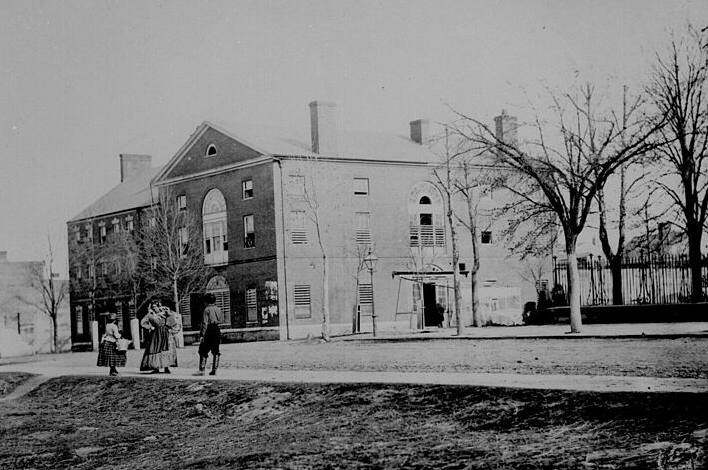
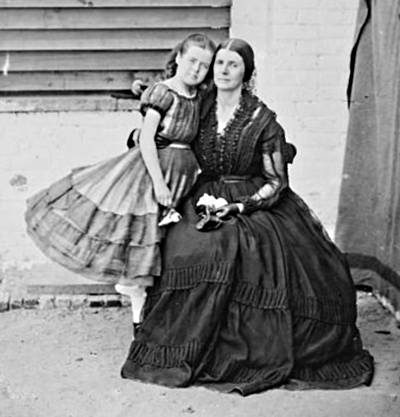
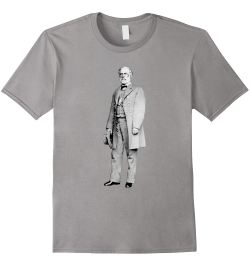




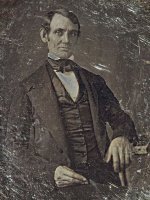
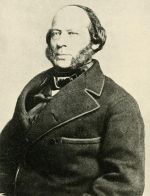
New! Comments
Have your say about what you just read! Leave me a comment in the box below.